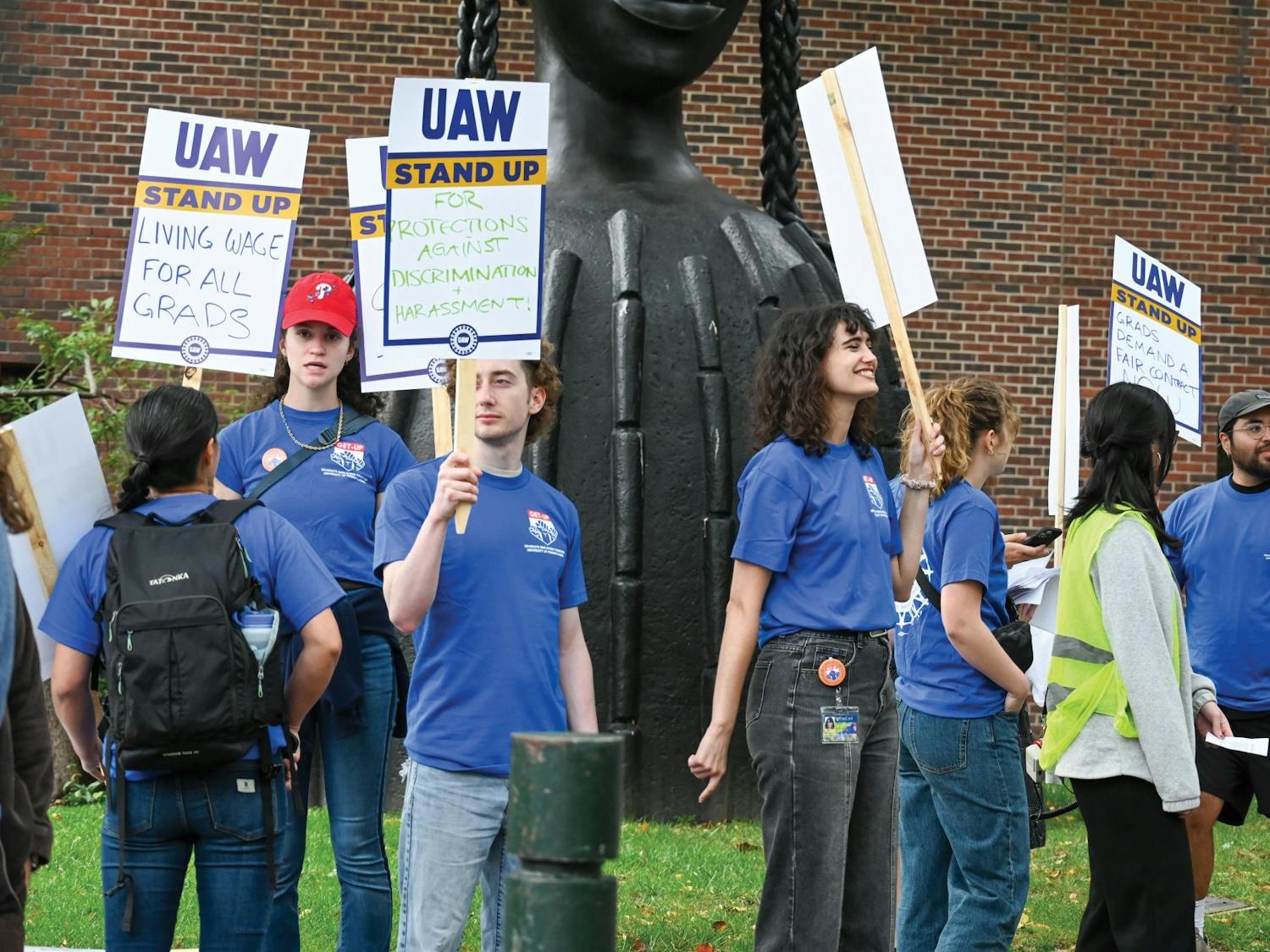The Massachusetts Institute of Technology last week announced an ambitious 10-year plan to make most course materials available for free on the Internet. "MIT OpenCourseWare" will publish lecture notes, assignments and other information for every class. While professors will not be required to post the materials, they will be "strongly encouraged" to do so. "We're doing everything that we can to ensure that people here will have the support they'll need to do it," said Patricia Richards of MIT's Lab for Computer Science. In a statement, MIT President Charles Vest described the project as "a natural marriage of American higher education and the capabilities of the World Wide Web." The project is expected the cost the Cambridge, Mass., institution about $100 million over the 10-year period. While Penn has not initiated a formal plan for online course materials like MIT's, Penn's Student Committee on Undergraduate Education recently proposed such a plan in its 2001 White Paper on Undergraduate Education. "Every department and course taught at the University should have a Web page and should be subject to minimum standards," the document said. Some Penn professors, however, have already launched sites similar to MIT's plan. Lyle Ungar, a professor in the School of Engineering and Applied Science, posts the lecture notes, lab notes, homeworks, announcements and grades for his courses on the Internet. "I want to make life as easy as possible for Penn students," Ungar said. "There's no reason they shouldn't have [the slides]." "At some level, the value we provide at Penn or at MIT is not just the slides we produce, that's the unimportant part," Ungar said. "The important part is the interaction." "Putting the material online costs no money. Preparing the material, if you count all the time everyone at Penn spends preparing our class materials... that's the hard, expensive part," Ungar said. Richards said the majority of MIT's costs would come from support services for the project. "Both the technical support and the production support, you can imagine that it's a huge project, and nothing else," she said. The idea of putting information on every course online is nothing new in higher education. For example, the University of California at Los Angeles' Instructional Enhancement Initiative, started in 1997, included the goal of creating a Web page for every course in their College of Letters and Science. "We felt, back in 1997, that the only effective way to really make a step forward with respect to incorporating the Web as a supplemental basis for courses was to do it on a mandatory basis, across the board," UCLA Director of College Information Services Eric Splaver said. "It was very clear to us that just to expect faculty to develop Web sites on their own, with their own resources, was not going to be a very effective means of making any advancement," he added.
The Daily Pennsylvanian is an independent, student-run newspaper. Please consider making a donation to support the coverage that shapes the University. Your generosity ensures a future of strong journalism at Penn.
Donate







